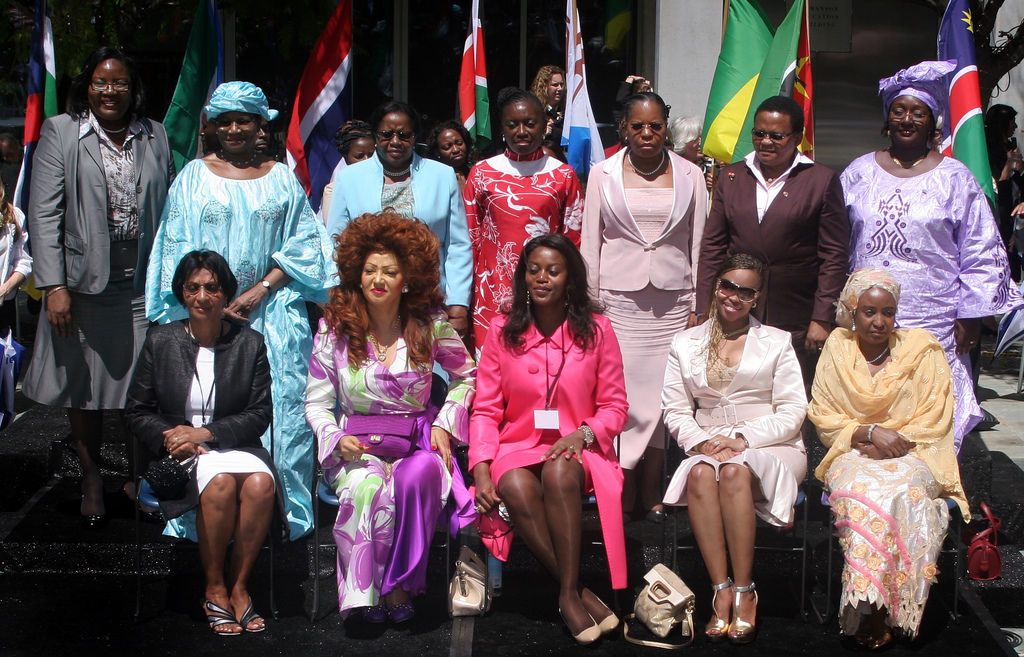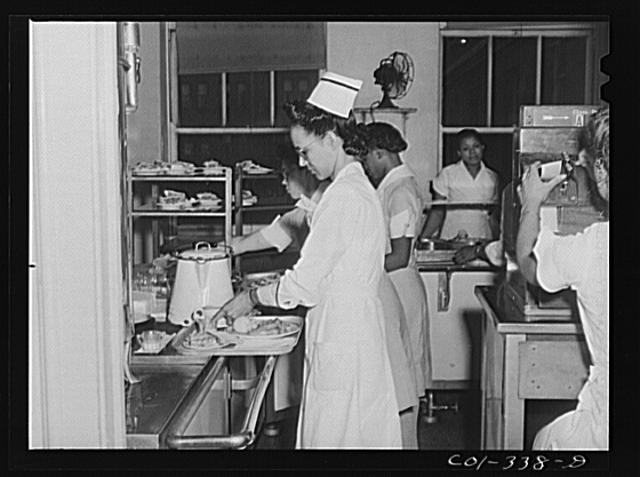 There is a criticism of Barack Obama that I hear levied against him, not primarily from white people or Republicans, but from black people, that I take some issue with. It is the claim that President Obama has not done, or has not tried to do, anything for black people. Some will point out that he has championed immigration reform for Hispanics and gay marriage for gay people, but nothing for us. Those who say so however probably have not considered this point within the context of health care in the African-American community. Some conservative critics of the healthcare overhaul have criticized the reform as a 100% solution to a 10% problem. And they’re right, in a way. It had been widely reported at the beginning of the healthcare debate and before that there were 46 million Americans without health insurance in this country. Really though it was never that bad; 10 million Americans without health insurance are people making above $75,000 a year who did not want insurance. 14 million were eligible for state sponsored care and never enrolled, while 6 million were eligible for insurance through their employer but never took advantage of it (another 5 million are undocumented immigrants, another 5 million are legal immigrants who are not insured for various reasons) thus leaving about 6 million Americans without reasonable access to health insurance. Too big a number to be sure, but a relatively small percentage of the American population. Yet of that 6 million, most are black Americans, making what might be thought of as a 10% problem for the rest of America a 100% problem for us. In seeking to expand healthcare coverage for all Americans, President Obama was not simply doing something for the country at large; he was doing something for the black community.
There is a criticism of Barack Obama that I hear levied against him, not primarily from white people or Republicans, but from black people, that I take some issue with. It is the claim that President Obama has not done, or has not tried to do, anything for black people. Some will point out that he has championed immigration reform for Hispanics and gay marriage for gay people, but nothing for us. Those who say so however probably have not considered this point within the context of health care in the African-American community. Some conservative critics of the healthcare overhaul have criticized the reform as a 100% solution to a 10% problem. And they’re right, in a way. It had been widely reported at the beginning of the healthcare debate and before that there were 46 million Americans without health insurance in this country. Really though it was never that bad; 10 million Americans without health insurance are people making above $75,000 a year who did not want insurance. 14 million were eligible for state sponsored care and never enrolled, while 6 million were eligible for insurance through their employer but never took advantage of it (another 5 million are undocumented immigrants, another 5 million are legal immigrants who are not insured for various reasons) thus leaving about 6 million Americans without reasonable access to health insurance. Too big a number to be sure, but a relatively small percentage of the American population. Yet of that 6 million, most are black Americans, making what might be thought of as a 10% problem for the rest of America a 100% problem for us. In seeking to expand healthcare coverage for all Americans, President Obama was not simply doing something for the country at large; he was doing something for the black community.
Yet and still there are serious concerns to be had about the new legislation as it unfolds, as well as things to be grateful for. The number one positive thing which the Affordable Care Act (its legal name) does is expand coverage to millions of Americans who did not have it previously (assuming the unfortunate glitches with the website are eventually worked out). As noted, in the black community that is a particularly big deal. Medicaid expansion, subsidies available to lower income Americans, and coverage mandates for children and young adults up to the age of 26 as well as for people with pre-existing conditions will help secure the healthcare of millions, including those who are economically and physically the most vulnerable among us. This is a victory for the health of the black community, and for all those who were unable to afford care.
For the black middle class however, and for working class black families and others making more than a relatively modest income (above $43,000 a year for individuals and above $92,000 a year for a family of four, though keeping in mind too that for many making less than these levels but still doing relatively well the subsidies available to them are smaller) there is an increased economic burden resulting from the law that needs to be acknowledged. One of the reasons for passing the ACA to begin with was to help control rising premiums, costs that have been straining the budgets of many American families, and black families are no exception. But for most people in this income range, premiums are not only still too high but are still getting higher, especially for those who don’t receive employer based coverage. (A study by the Manhattan Institute has shown that average premiums on the individual market have risen 99% for men since the implementation of the law.) Particularly as minimum coverage requirements are applied to insurance plans on the individual market, and as insurance companies seek to recoup monies spent on guaranteeing coverage for those with preexisting conditions by passing costs on to other consumers, it seems that what we can expect is for middle class premiums generally to continue to rise even as subsidies and Medicaid increase affordability and access to care for poor and for many working class African Americans.
One might say that this is a fair trade off, and maybe it is. But we shouldn’t be quick to give up on making things easier for the middle class. After all, the prosperity of this nation and certainly the future success of the black community are built upon having a thriving middle class, and insuring affordable health coverage for the middle class is a necessary part of that process. To that end there are many more reforms to be considered, from defensive medicine reform, to expanding competition across state lines, to encouraging Health Savings Accounts, etc.
The point is that, in some important areas, we have made progress. But make no mistake: the effort to fix the healthcare system continues.







